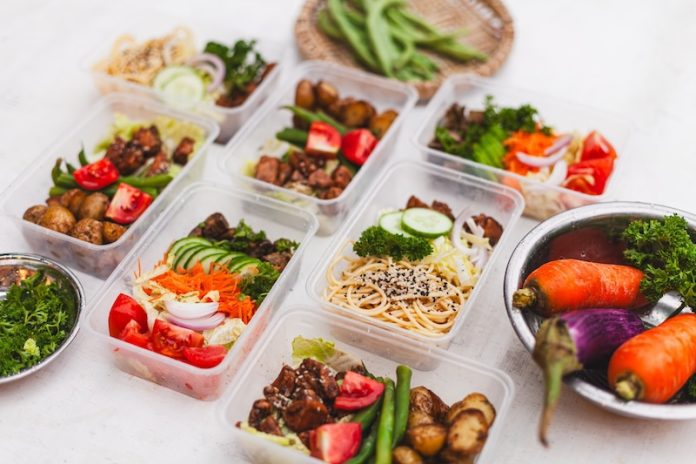
Dealing with leukemia, a type of cancer that affects blood and bone marrow, involves various challenges, including making the right dietary choices.
For leukemia patients, what they eat can significantly impact their overall health, treatment efficacy, and quality of life. This review aims to provide clear, easy-to-understand dietary guidelines for those battling leukemia.
Understanding Leukemia and Nutrition
Leukemia patients often face unique nutritional challenges. These can include a weakened immune system, changes in taste, loss of appetite, and side effects from treatments like chemotherapy, which can cause nausea, diarrhea, and mouth sores.
A well-planned diet can help manage these symptoms, maintain strength, and support the body’s ability to recover.
Nutritional Needs for Leukemia Patients
- Protein for Repair and Recovery: Protein is essential for repairing body tissues and maintaining a healthy immune system. Sources include lean meats, fish, eggs, dairy products, nuts, and legumes.
- Carbohydrates for Energy: Whole grains, fruits, and vegetables provide the necessary energy and are also rich in fiber, which helps with digestive issues.
- Healthy Fats for Nutrient Absorption: Fats are vital for nutrient absorption and overall health. Opt for healthy sources like avocados, olive oil, and nuts.
- Hydration is Key: Adequate fluid intake is essential, especially if the treatment causes side effects like vomiting or diarrhea.
- Vitamins and Minerals: A balanced diet rich in fruits and vegetables can provide necessary vitamins and minerals. However, some patients may need supplements; it’s important to discuss this with a healthcare provider.
Foods to Avoid
- Raw or Undercooked Foods: Due to a weakened immune system, patients should avoid raw fish, meat, eggs, and unpasteurized dairy products.
- Food Contamination Risk: Wash fruits and vegetables thoroughly to reduce the risk of bacterial contamination.
- Limit Sugar and Processed Foods: These can lead to unnecessary weight gain and don’t provide the nutrients needed for recovery.
Dietary Tips During Treatment
- Managing Side Effects: Eating small, frequent meals can help with nausea. Soft, bland foods can be easier on the stomach and mouth sores.
- Taste Changes: Patients may experience changes in taste. Experimenting with seasonings, marinades, and different cooking methods can help find palatable options.
- Food Safety: Practice good food hygiene to avoid infections. This includes thorough washing of produce, proper cooking of meats, and avoiding cross-contamination.
Research Evidence
- A study in the “Journal of Clinical Oncology” highlighted the importance of a high-protein diet for leukemia patients to improve treatment outcomes.
- Research in “Cancer Management and Research” suggested that adequate hydration and a balanced diet rich in fruits and vegetables could alleviate treatment side effects and improve quality of life.
- A “Nutrition and Cancer” study emphasized the need for individualized nutritional plans, considering the patient’s specific type and treatment phase of leukemia.
Personalized Nutrition Plans
Every leukemia patient’s nutritional needs are different, depending on various factors like the type of leukemia, treatment stage, and overall health. It’s crucial to work with healthcare providers and possibly a dietitian to create a personalized nutrition plan.
Conclusion
For leukemia patients, a balanced diet plays a crucial role in supporting their treatment and recovery journey. By focusing on protein, carbohydrates, healthy fats, hydration, and safe food practices, patients can better manage treatment side effects and maintain their strength.
Personalized dietary planning with professional guidance is key to addressing each patient’s unique needs. Remember, nutrition is an integral part of the fight against leukemia, and the right diet can make a significant difference in the patient’s overall well-being.
Follow us on Twitter for more articles about this topic.
Copyright © 2023 Scientific Diet. All rights reserved.





